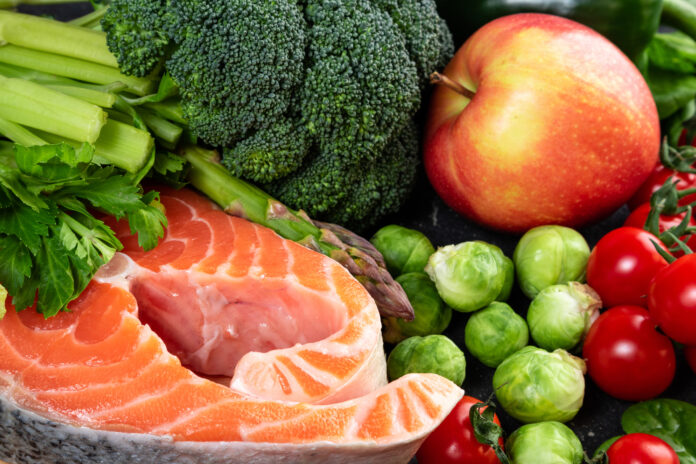It’s hard to remember, but not too long ago few people had ever heard of an “antioxidant.” Today the word pops up on the labels of countless dietary supplements—and even more often in their ads and on websites—as well as on food labels. An ever-changing array of supplements claim to have the most “antioxidant power” or to be the latest “super antioxidant” or the “most potent antioxidant ever.”
It often seems that “antioxidant” no longer means simply “something that’s good for you”—but a magical compound that will fight off chronic diseases and help keep you young.
During the past decade, however, research on antioxidant supplements has yielded mostly disappointing results. Some studies have found that antioxidants can sometimes actually do more harm than good.
What Antioxidants Are
Antioxidants are part of the complex world of organic chemistry. In cells, oxygen is constantly involved in chemical reactions in which electrons are shifted around. To generate energy, our cells remove electrons from sugars, fatty acids, and amino acids and add them to other molecules, especially oxygen. This creates highly reactive, unstable particles that combine quickly with other elements, especially oxygen. These reactive molecules are known as free radicals. Normal cellular processes generate them, but so do many other factors at the cellular level, including the effects of ultraviolet light, air pollution, trauma, excess heat, intense exertion, and smoking.
Antioxidants help deactivate free radicals. They are part of the body’s orderly defense system. Some antioxidants are familiar—vitamins C and E, beta carotene and other carotenoids, and selenium. One of the biggest classes of antioxidants in foods is called polyphenols, found not only in vegetables, fruits, chocolate, tea, coffee, and wine, but also increasingly in supplements. These include flavonoids such as quercetin and some other compounds discussed in this report.
What Free Radicals Do
Free radicals do play a role in many chronic diseases. They can cause LDL (“bad”) cholesterol to oxidize, leading to atherosclerosis, heart attacks, and strokes. They can damage genes in ways that may lead to cancer. They contribute to the aging process.
They are troublemakers, but sometimes they come in handy. Our own cells actually produce them. Some free radicals are involved in immunity, communication between cells, and other physiological functions, including favorable adaptations to exercise. Small amounts help stimulate the body’s antioxidant defenses.
Antioxidants: Not Always Good Guys
Mostly antioxidants are peacemakers in the molecular war. But under some circumstances, antioxidants can turn into pro-oxidants and promote free radical formation. For example, beta carotene can increase lung cancer risk in smokers. It’s thought that very high doses of vitamin C can promote free radicals, whereas low doses quench free radicals. It’s a delicate balance.
Overloading with individual antioxidants may be particularly undesirable, since these compounds work as a team. And the huge doses may disrupt the cells’ built-in mechanisms for dealing with free radicals and oxidative damage. Moreover, under some circumstances, antioxidants can act as pro-oxidants, thus inducing oxidative damage.
For these reasons, people under treatment for cancer are often advised not to take antioxidant supplements, which may actually interfere with radiation treatments and chemotherapy.
Where to Find Antioxidants
Early hopes that isolated antioxidants, such as vitamin C or beta carotene, would help prevent chronic diseases have not been borne out. This does not mean that everything we know about our basic chemistry was wrong. There are different types of antioxidants, and having enough of them and the right ones in proper proportions is essential to health. There is convincing evidence that a healthy diet rich in fruits, whole grains, and vegetables—the sources of nearly all antioxidants—can help prevent many chronic diseases.
Years ago, the UC Berkeley Wellness Letter recommended supplementary vitamins C and E as well as beta carotene. The Editorial Board changed its position when good studies showed that beta carotene can actually be harmful, at least to smokers. Later it stopped recommending supplementary vitamins C and E because good studies had failed to find any benefits (and some even suggested that vitamin E could be harmful).
Foods contain a wide array of antioxidants, and it may be the combination found in foods that does the most good. Antioxidants are an essential part of the chemistry of life, but so far those sold as supplements have not lived up to their promise—and certainly not to the hype.







